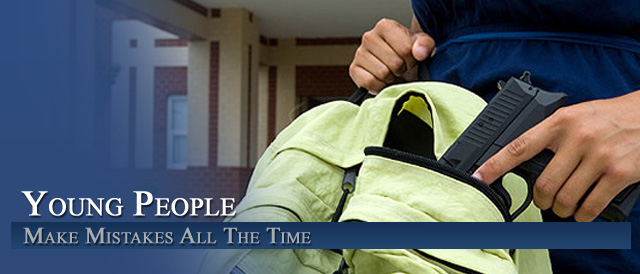
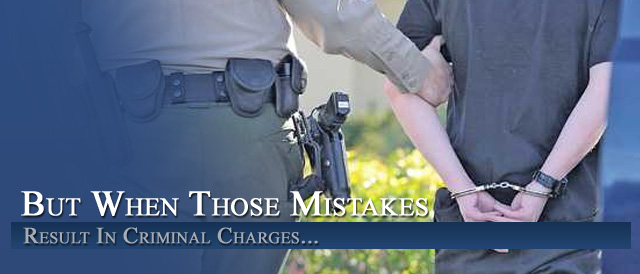
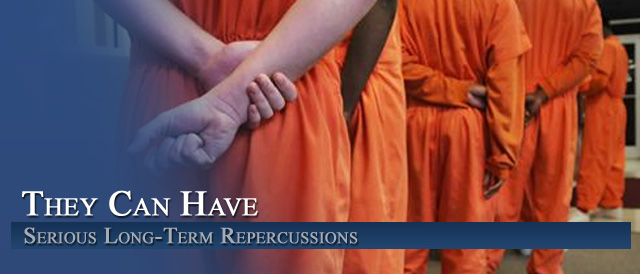
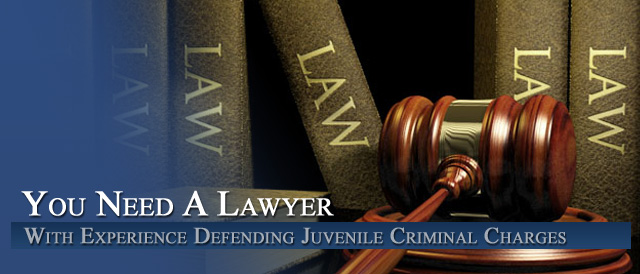
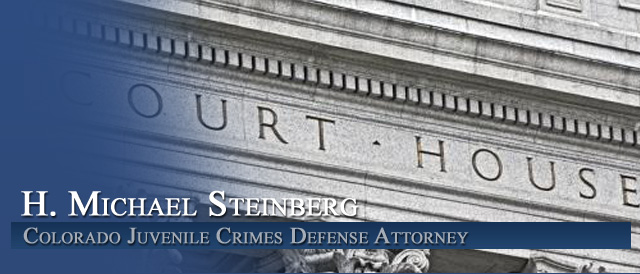
May 17
2017 Colorado Law – Speeds Up Sealing Juvenile Criminal Cases

2017 Colorado Law – Speeds Up Sealing Juvenile Criminal Cases
A New Law Expedites The Expungement of Colorado Juvenile Criminal cases.
The impact of the new law is to immediately expunge Colorado Juvenile Criminal Records if:
The juvenile is found not guilty,
If the case is dismissed or
When the juvenile completes the sentence.
Law Does Not Apply To Repeat, Violent or Aggravated Juvenile Offenders
Colorado repeat offenders, or those who are adjudicated for violent crimes, are not eligible to have their records expunged.
“Whenever you address an issue like this,” he said, “you run the risk that people are going to say, ‘You’re soft on crime; you don’t care about public safety.’ In truth, it’s just the opposite. A bill like this allows us to give kids a real chance to figure things out.” Governor Hickenlooper
A Summary Of The Bill Is Provided By The Governor’s Office Here
Increases Confidentiality Of Colorado Juvenile Records
Under current law, there is limited access to juvenile delinquency records. The bill restricts that access by making certain records public only after a court orders that a child be charged as an adult, consistent with recent changes to the direct file statute, and by eliminating the requirement that the prosecuting attorney notify the school principal of minor offenses.
The bill also ensures that the juvenile and his or her attorney can access the juvenile’s records, and that juvenile record information is available to agencies that require the information for research purposes, with protections against the disclosure of identifying information.
Under current law, a juvenile or someone on the juvenile’s behalf must petition, after an applicable waiting period of one to 5 years, for expungement. The bill requires the court to automatically expunge records in certain situations. In some situations, the juvenile must still petition for expungement.
Records will be expunged immediately upon:
- A finding of not guilty at an adjudicatory trial;
- Dismissal of the entire case; or
- The completion of a juvenile sentence for a petty offense, drug petty offense, a class 2 or class 3 misdemeanor, or a level 1 or level 2 drug misdemeanor that is not a sex offense, does not involve domestic violence, or is not a crime that requires victim notification.
Records will be eligible for expungement upon the completion of a juvenile sentence when the juvenile has a class 1 misdemeanor or a misdemeanor involving domestic violence; or a misdemeanor offense involving unlawful sexual contact; or the dismissal after completion of juvenile diversion, a deferred adjudication, or an informal adjustment; or the adjudication of a first-time felony and the adjudicated felony is not a crime of violence, is not an offense involving unlawful sexual behavior, and is not a class 1 or class 2 felony.
The Procedure Is Explained Here
The court sends a notice to the prosecuting attorney that the records are eligible for expungement. The prosecuting attorney shall notify the victim, and the victim and the prosecuting attorney have the right to object to the expungement. If there is no objection, the court enters an expungement order. If there is an objection, the court holds a hearing to determine if the juvenile is sufficiently rehabilitated and whether expungement is in the best interest of the juvenile and the community.
Records will be eligible for expungement upon the completion of a juvenile sentence for a municipal offense 42 days after the completion of the municipal sentence. The court shall send notice to the prosecuting attorney regarding the expungement and if the prosecuting attorney files an objection within 42 days, the court shall hold a hearing. If there is no objection, the court enters an expungement order. If there is an objection, the court holds a hearing to determine if the juvenile has successfully completed the sentence and the case is closed .
A person who is adjudicated as a repeat or mandatory offender, violent juvenile offender, or aggravated juvenile offender; adjudicated for homicide or vehicular homicide as a juvenile offender; or adjudicated for a felony offense involving unlawful sexual behavior is not eligible for expungement.
The bill requires written notice of the right to expungement and of the expungement process to the juvenile.
The Right To Expunge Cannot Be Plea Bargained Away
A prosecuting attorney cannot require as a condition of a plea agreement that the juvenile waive his or her right to expungement.
You Might Also Enjoy:












